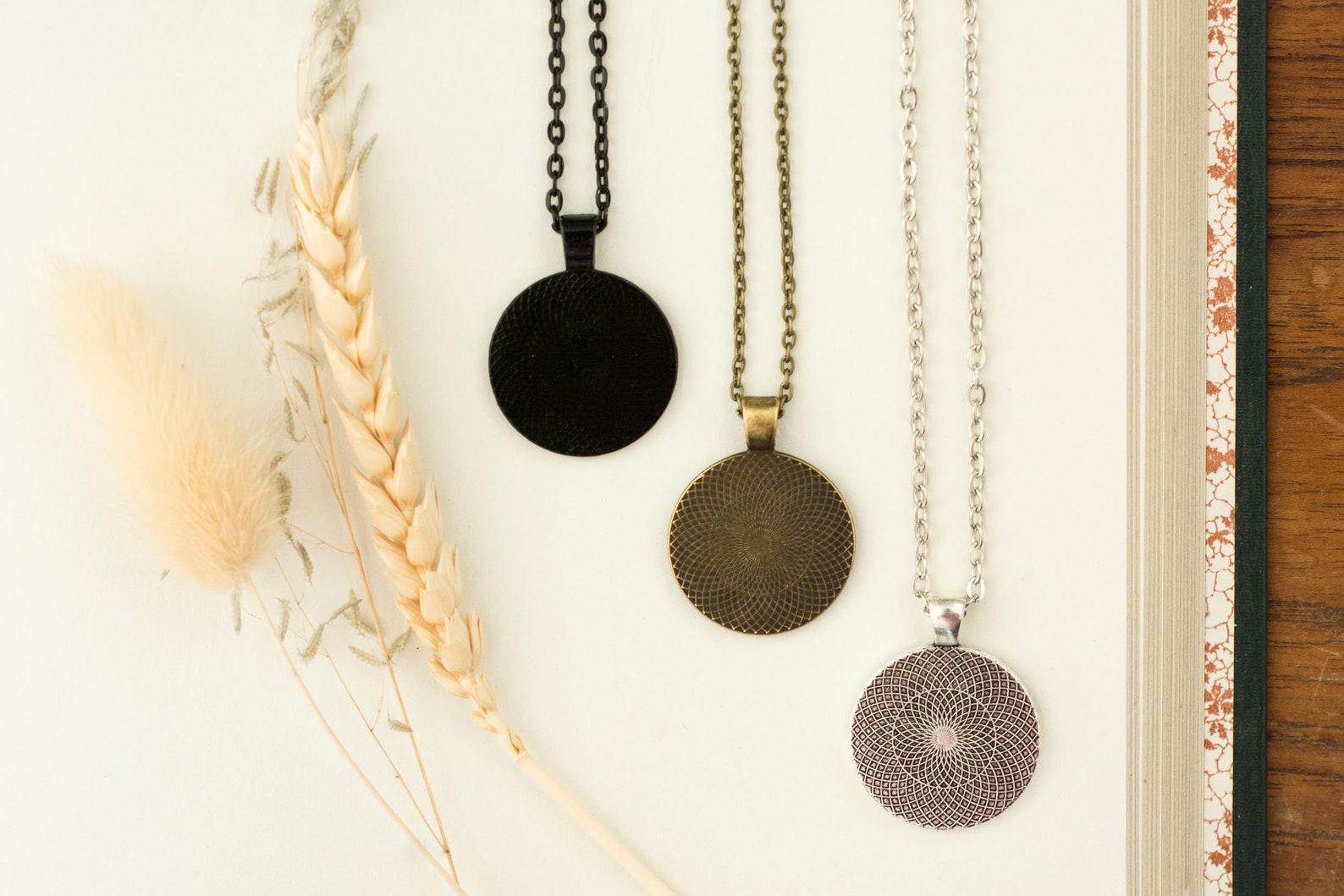

One 2014 study in the journal Psychological Science suggests that people who play more diverse social roles may be better able to perceive and decode nonverbal cues in a variety of social settings. In other words, this result suggests, social and emotional intelligence rises as we interact with more kinds of people.For example, a study led by Jennifer Eberhardt of Stanford University found that black men convicted of capital crimes are more than twice as likely to be sentenced to death if they have facial features deemed to be more stereotypically “black-looking.” Implicit and explicit prejudice fuel incredible disparities in the criminal justice system at every level.At the same time, research to date suggests student achievement is higher in diverse schools. Prejudice against students by educators hurts their academic achievement.In many of the same studies, low-prejudice people respond to interracial interactions in ways that are happy and healthy. Fortunately, interracial interactions needn’t be stressful. On the other side, many studies suggest that people who discriminate are at much greater risk of cardiovascular disease. The targets of prejudice experience the well-documented “weathering effect” on their physical and mental health. Prejudice hurts the health of both targets and (to a different degree) perpetrators.This research suggests it’s bad for everyone’s well-being when the rich don’t have contact with the poor, or the poor with the middle class. Several studies suggest that contact across social classes seems to influence well-being and prosocial behaviors like gratitude and generosity. For example, when researchers studied the gender composition of management teams of the top firms in Standard & Poor’s Composite 1500 list, they found that, on average, “female representation in top management leads to an increase of $42 million in firm value.” Many studies have found that diverse organizations outperform their non-diverse counterparts.Social connections are one of the single biggest predictors of personal well-being, and there is some evidence that making your network of connections rich and diverse can also contribute to health, success, and happiness. In diverse societies, cultivating our ability to forge relationships across differences can actually increase our well-being. It’s a prosocial skill, like empathy or forgiveness, that can be developed over a lifetime with intentionality, knowledge, and practice. Navigating differences can be tough, whether in the classroom, the workplace, or our personal relationships-and yet people all over the world do it every day.

Research shows that differences do make it harder for people to connect and empathize with each other. In recent years, some advocates have even argued for recognition of “ neurodiversity,” which refers to the range of differences in brain function. We also differ in gender, language, manners and culture, social roles, sexual orientation, education, skills, income, and countless other domains. However, that is just one dimension of the human reality. In North America, the word “diversity” is strongly associated with racial diversity. Indeed, decades of research suggest that intolerance hurts our well-being-and that individuals thrive when they are able to tolerate and embrace the diversity of the world. For the Greater Good Science Center, “diversity” refers to both an obvious fact of human life-namely, that there are many different kinds of people-and the idea that this diversity drives cultural, economic, and social vitality and innovation.


 0 kommentar(er)
0 kommentar(er)
